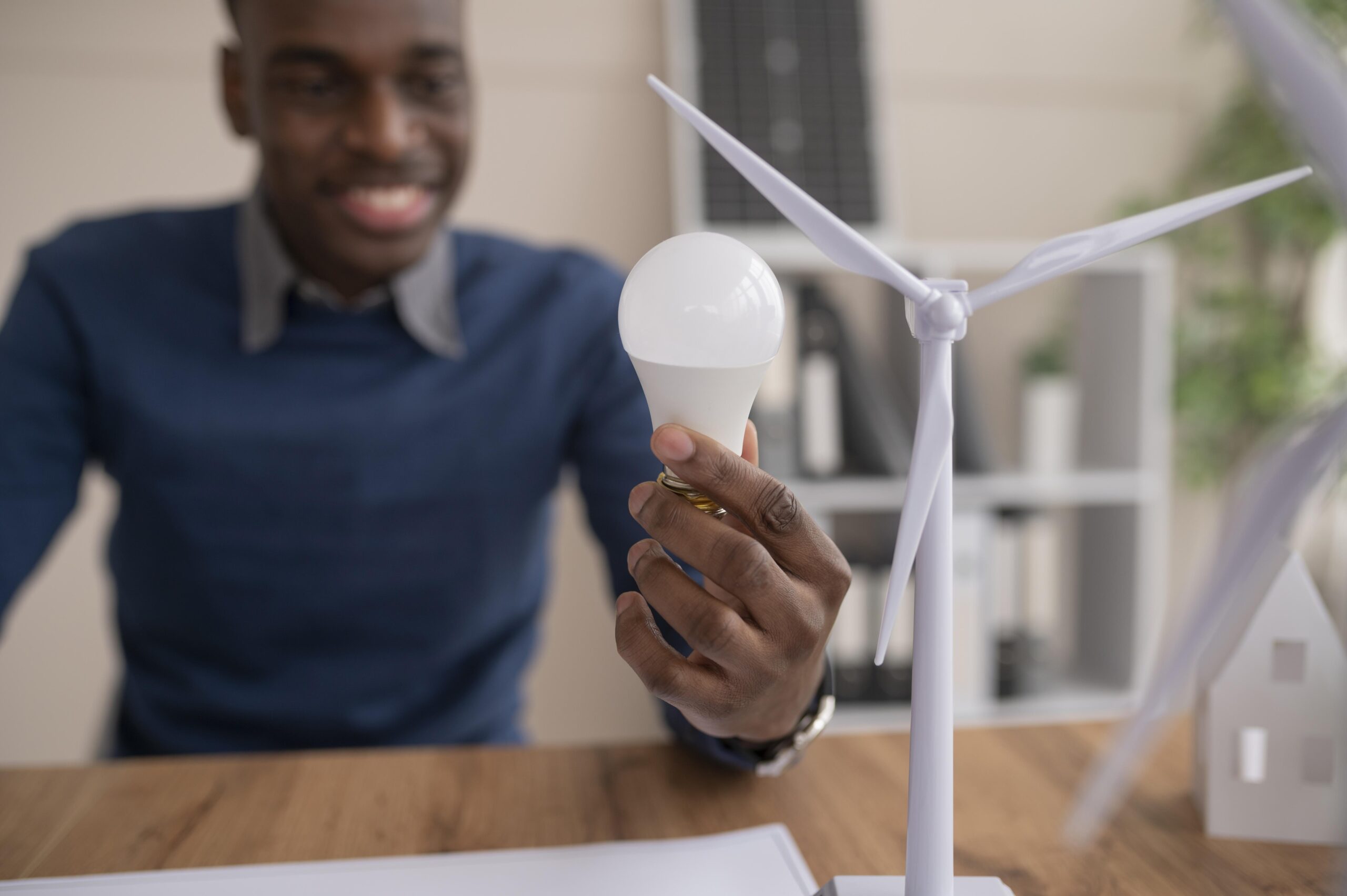Beautiful Plants For Your Interior

Nigerian businesses face numerous challenges, and unreliable electricity supply is a major obstacle to growth and profitability. But savvy entrepreneurs are turning to solar power to gain a competitive edge and improve their bottom line.
How Solar Energy Benefits Businesses
- Reduce Operating Costs: Electricity expenses can be a significant drain on a business’s finances. Solar power drastically reduces or eliminates these costs, freeing up capital for investment in other areas.
- Improved Reliability: Power outages disrupt operations, damage equipment, and lead to lost productivity. Solar energy provides a reliable power source, ensuring business continuity even during grid failures.
- Enhanced Brand Image: Demonstrate your commitment to sustainability and environmental responsibility by adopting solar power. Attract environmentally conscious customers and enhance your brand reputation.
- Tax Benefits and Incentives: The Nigerian government offers various tax benefits and incentives to businesses that invest in renewable energy. Take advantage of these programs to reduce your tax burden and maximize your return on investment.
- Increased Property Value: Commercial properties equipped with solar power systems have higher market value and attract potential buyers or tenants.
Solar Solutions for Different Businesses
- Retail Stores: Power lights, air conditioning, and refrigeration systems with solar energy.
- Manufacturing Facilities: Reduce energy costs for machinery and production processes.
- Hotels and Restaurants: Provide a comfortable and sustainable experience for guests with solar-powered amenities.
- Offices: Ensure a reliable power supply for computers, servers, and other office equipment.
Why Solar Energy is the Best Solution for Nigeria’s Power Problems
Nigeria’s power problems have persisted for decades, affecting economic growth and the quality of life for millions. Solar energy offers a reliable and sustainable solution to these challenges. Here’s why solar energy is the ultimate answer to Nigeria’s power woes.
1. Unreliable Grid Electricity in Nigeria
Frequent blackouts and inconsistent power supply are the norm in Nigeria. The national grid’s inefficiency forces many to rely on expensive generators, which are not sustainable. Solar energy provides a dependable alternative, ensuring constant power supply regardless of grid performance.
2. Solar Energy as a Reliable Alternative
With Nigeria’s abundant sunlight, solar energy is a natural fit. Solar panels can generate electricity throughout the year, offering a consistent and reliable source of power. This reliability makes solar energy an excellent choice for both urban and rural areas.
3. Cost-Effectiveness Compared to Generators
Generators are costly to maintain and fuel, especially with rising diesel prices. Solar energy, on the other hand, requires minimal maintenance once installed. Over time, the cost savings from switching to solar far outweigh the expenses associated with generators.
4. Environmental Sustainability
Nigeria’s reliance on fossil fuels contributes to environmental degradation. Solar energy is a clean, renewable source that reduces greenhouse gas emissions. By adopting solar, Nigeria can take a significant step toward environmental sustainability.
5. Supporting Industrial and Agricultural Growth
Industries and farms require reliable power to operate efficiently. Solar energy can meet these needs, boosting productivity and supporting economic growth. From powering irrigation systems to running manufacturing plants, the possibilities are endless.
Making the Switch to Solar
Consult with a reputable solar installer to assess your energy needs and design a customized solar solution for your business. Explore financing options and develop a plan that aligns with your budget and long-term goals.
